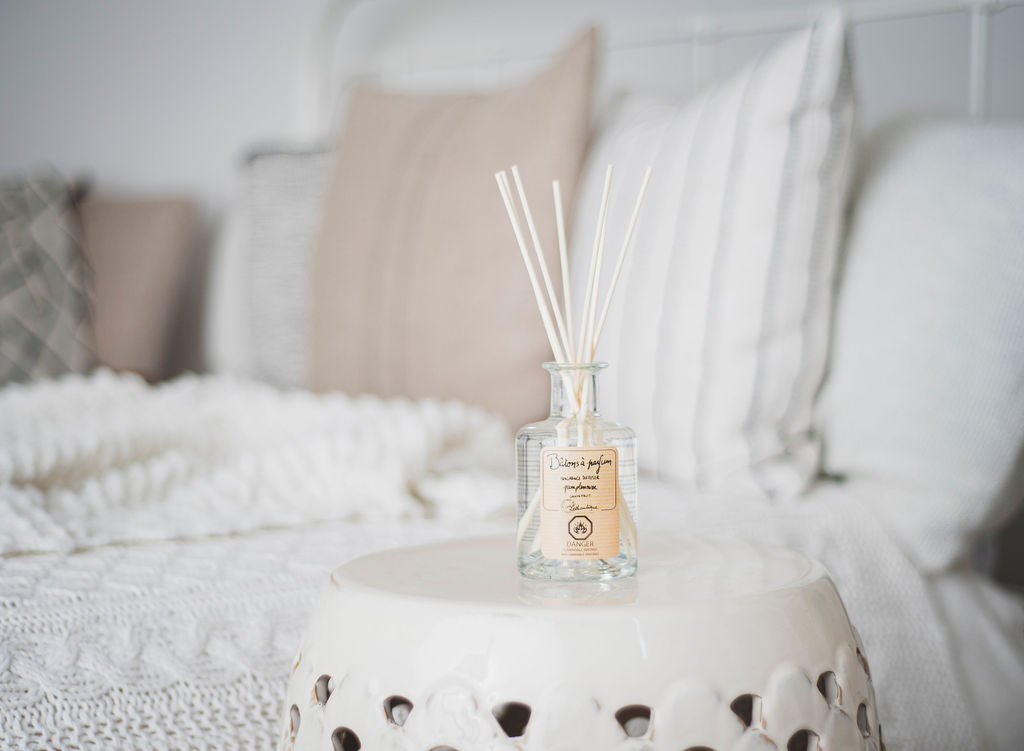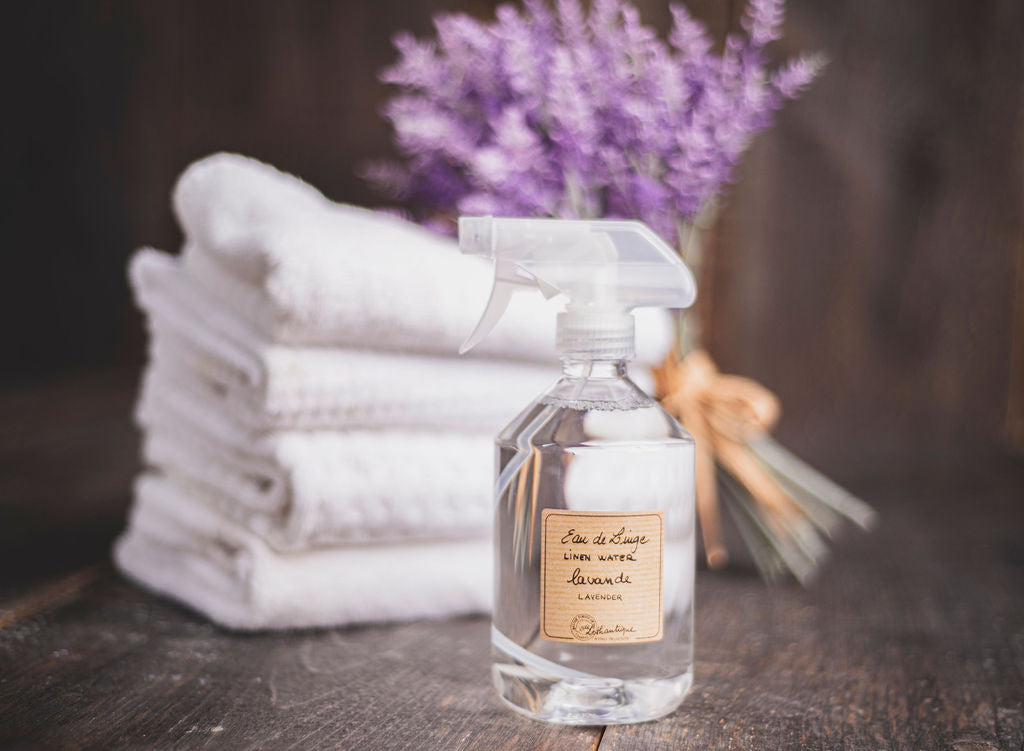Is olive oil actually good for you? You’ve heard the rumours, but what are the real benefits of using olive oil. Learn about how olive oil is made, the olive industry in Provence, and the benefits of olive oil infusions in your natural beauty products.
How is olive oil made?
Despite their savoury taste, olives are a stone fruit and not a vegetable. Olives were cultivated in Mediterranean regions roughly 6000 years ago after spreading from the Asia Minor peninsula. In fact, an olive tree may live up to 600 years themselves. The colour, texture and flavour of an olive varies depending on the time of harvest and how they are cured. Unlike other stone fruits like a peach or nectarine, olives straight from a tree are extremely bitter and inedible to most people.
Olive oil can be extracted by crushing or pressing methods. The olives are ground into a paste, malaxed (mixed), and then the oil is separated from the remaining stone fruit pieces by a press or a more modern centrifuge. Unfiltered olive oil is made from the first press by squeezing out the oil with no additional refining or heat. Extra virgin olive oil is created by lightly filtering the oil after the first press. Milder flavours of oil are created by further refining the olive extract.
Have you ever wondered why olive oil often comes in a green glass bottle? It helps filter out harmful UV rays that can cause it to deteriorate.

What are the benefits of olive oil?
Olive oil has plenty of beneficial fatty acids, and extra virgin olive oil in particular is high in antioxidants because it undergoes the least amount of processing. Olive oil is considered a healthy dietary fat as the primary fats are monosaturated fatty acids (MUFAs). It is also rich in antioxidants. Antioxidants prevent cellular damage caused by an imbalance of free radicals or oxidative stress. You may have received the advice that a teaspoon of olive oil a day is good for you, which is actually based on a study that suggested half a teaspoon of olive oil may help to lower your risk of heart disease by 15%.
For many of the same reasons, olive oil can also be great for your skin. The antioxidants found in olive oil may prevent premature aging and reduce the damages caused by sun exposure. Some studies have shown olive oil has antibacterial properties, which may be helpful to break down and cleanse impurities on the skin including removing your makeup at the end of the day. The vitamins found in olive oil like Vitamin E can also be useful in hydration.
Rumour has it that olive oil was even a favourite in Cleopatra’s own beauty regime.
The olive industry in Provence
In France, olives are only grown in the southern region of the country. Provence is known for producing some of the best olive oils in the world, and olive oil is a staple ingredient in the local cuisine. So it should come as no surprise that 80% of olive production in Provence goes towards olive oil as opposed to table olives. Picholine, niçoise, and lucque are all popular olive varieties found in the region.
Due to its popularity and status when it comes to French country living, the olive tree has become a sacred symbol of Provence. Outside of producing a Provencal cooking essential, depictions of olives and olive trees can be found woven into tapestries, and immortalized by artists like Van Gogh. The olive tree has become a symbol of peace, wisdom and perseverance due to its hardy nature.

The olive tree is also the inspiration behind the Belle de Provence Olive Oil collection. The entire collection boasts an infusion of olive leaf extract, which is combined with the herbal fragrances of Provence to create an earthy home fragrance line that brings you closer to nature.
What is your favourite way to use an olive or olive oil?









